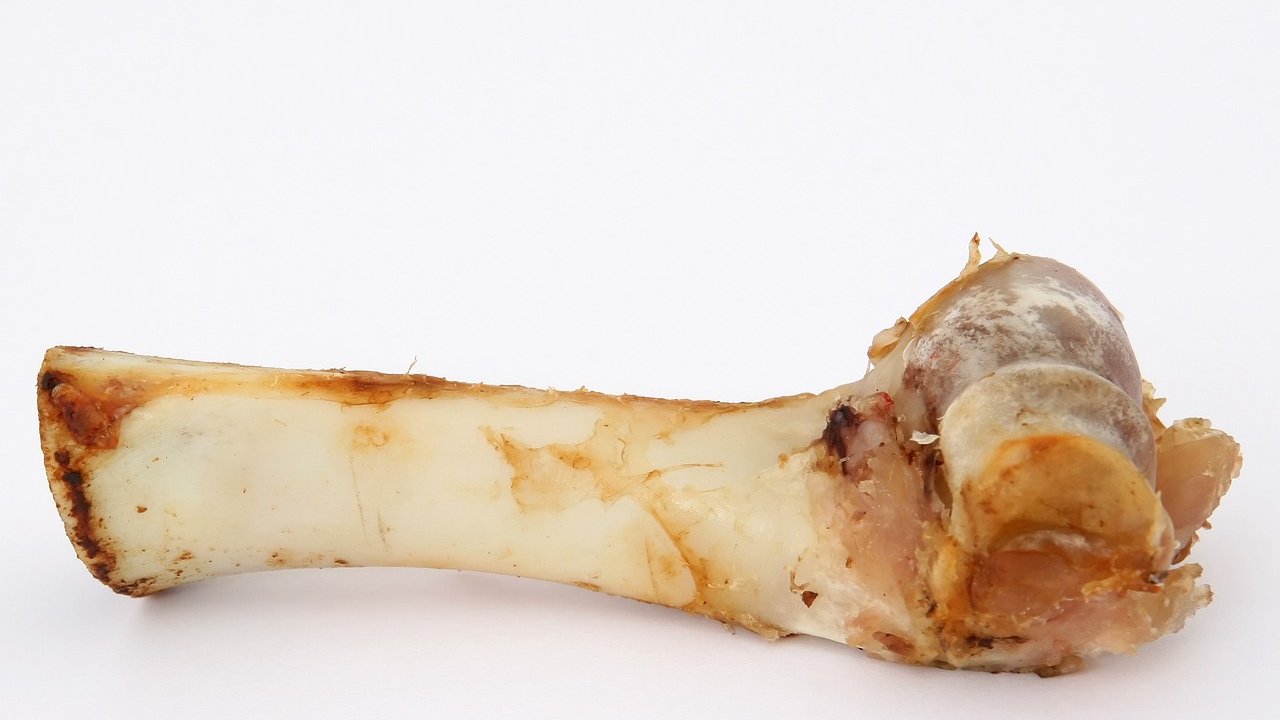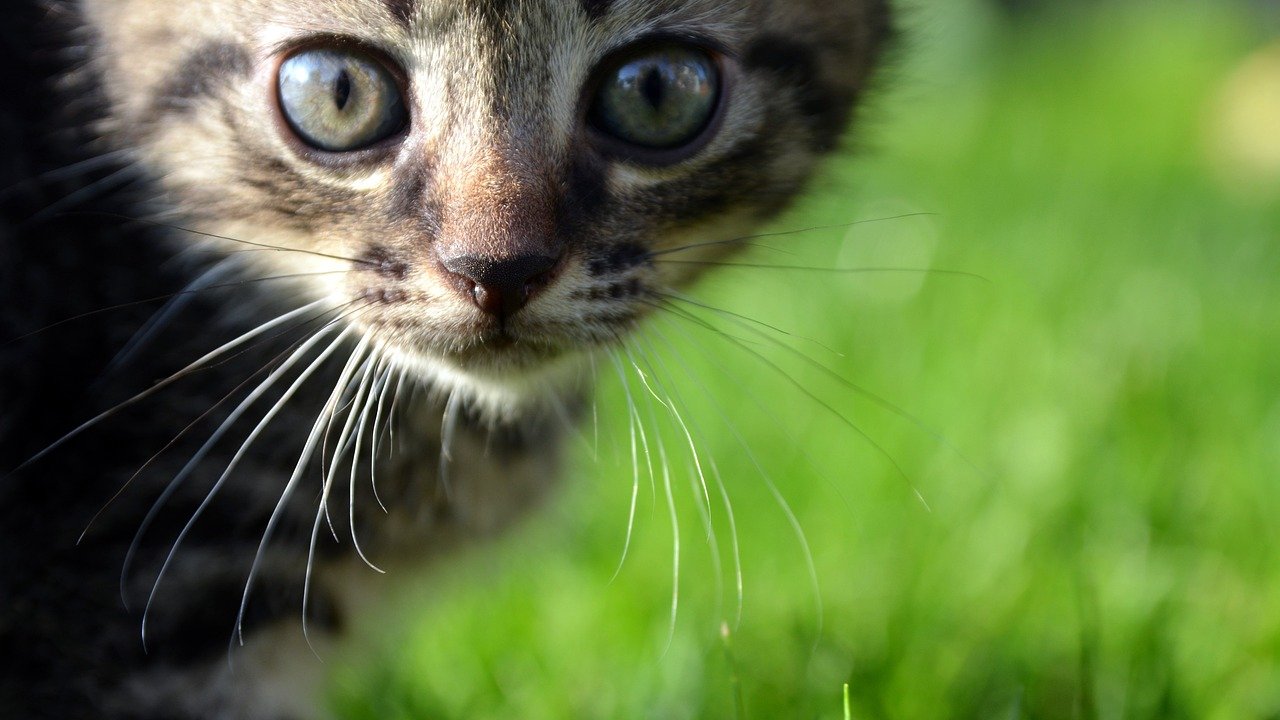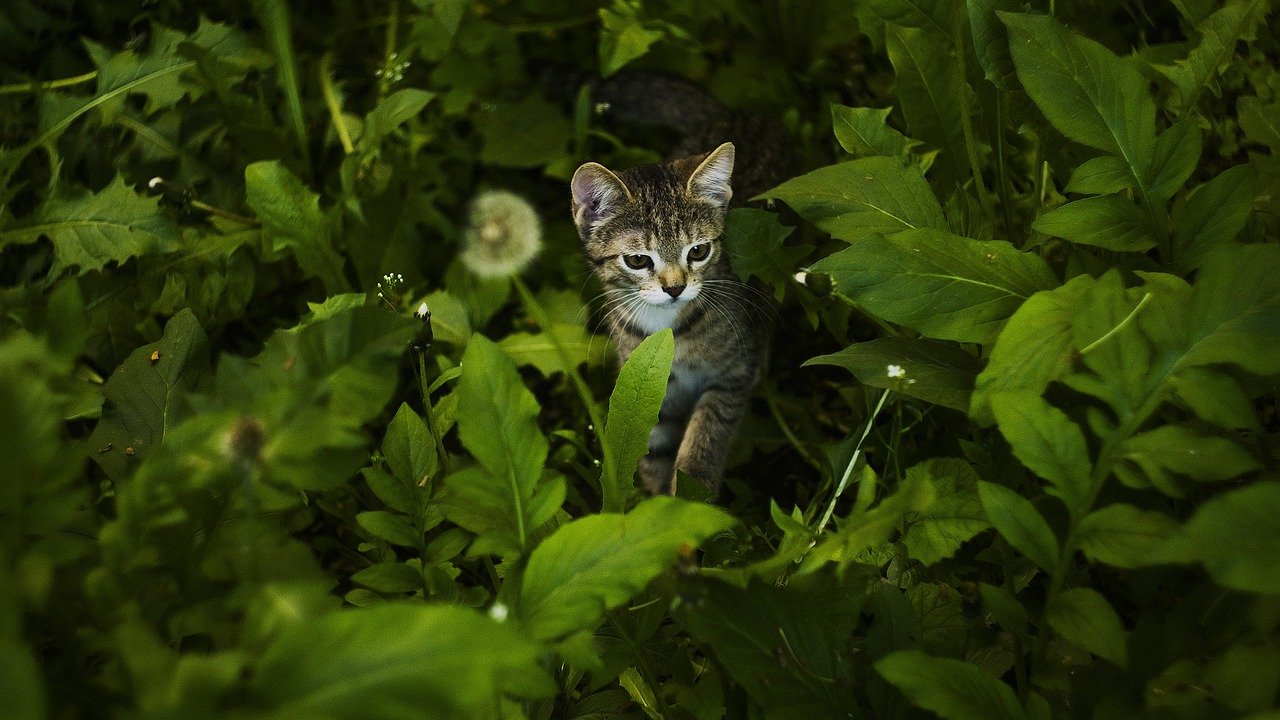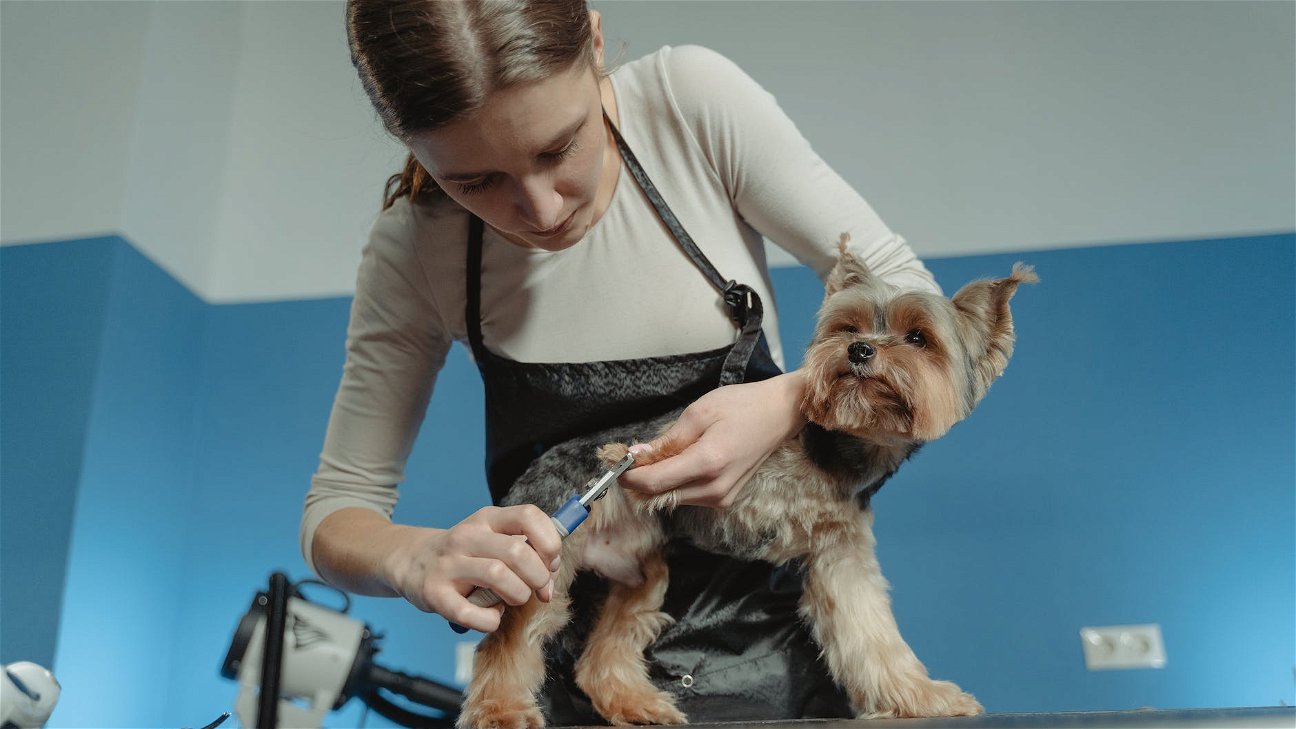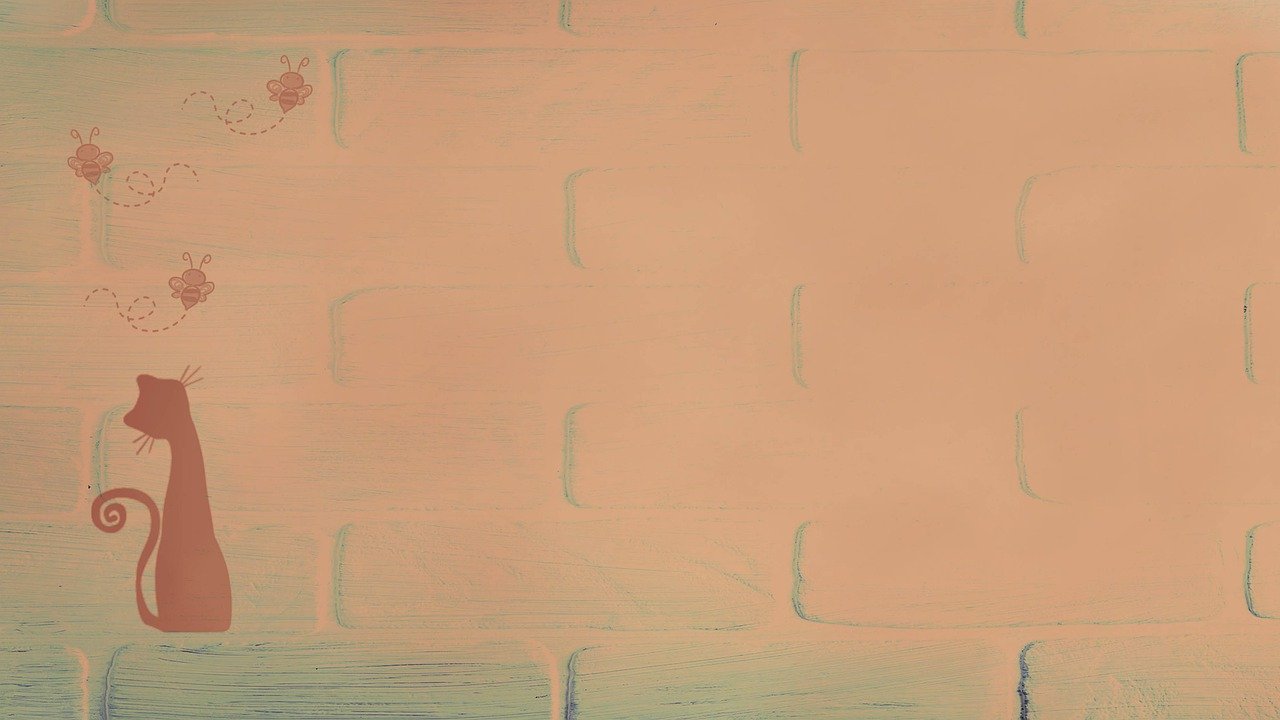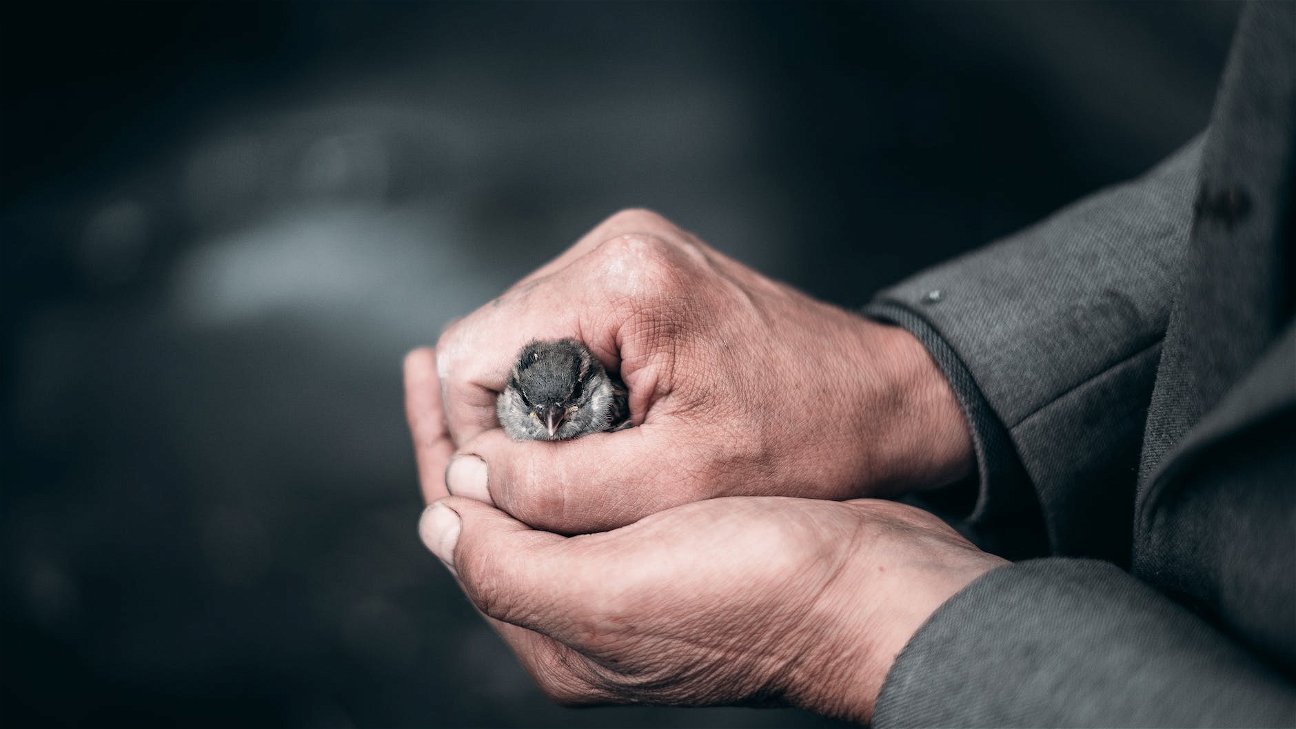
A pet bird can bring joy, companionship, and a touch of the wild into your home. Whether you're a seasoned bird owner or someone new to avian care, the molting process can come as a surprise. It's an entirely natural part of a bird's life cycle, but it does require some special attention. Here are some essential tips on how to care for molting birds.
Understanding the bird molting process
Birds molt, or lose and regrow their feathers, for various reasons. It could be due to the change in seasons, hormonal changes, or simply part of their growth process. The molting process can be quite stressful for birds, as feather growth requires substantial energy and nutrients.
Changes in bird behavior during molting
Birds' behavior can change noticeably during the molt. They might become less active, more irritable, or show a decrease in appetite. It's essential to monitor these behavioral changes, but do remember that they are temporary and should return to normal once the molt is over.
Managing bird stress during molting
Molting can be a stressful time for birds. Providing them with a quiet, comfortable environment can help minimize this stress. Avoid any significant changes in their routine or environment during this period.
What to feed molting birds
During the molt, a bird's dietary requirements change. Protein plays a crucial role in feather development, so foods rich in protein, like quinoa, lentils, and cooked eggs, should be included in their diet. Additionally, fruits and vegetables rich in vitamins A, E, and B are beneficial.
Health issues during bird molt
While molting is a natural process, some health issues may arise during this period. Feather abnormalities, poor feather regrowth, and excessive feather loss are some of the problems to look out for.
Supplements for molting birds
Certain supplements can support your bird during the molt. Feather fast is a molting supplement that provides the necessary vitamins, minerals, and amino acids needed for healthy feather growth.
Bird's cage environment during molting
Ensure the cage environment is kept clean and comfortable during the molt. A proper perch is necessary to facilitate preening. Also, consider the temperature and humidity levels in the cage.
Dealing with bird molting
Here are some practical tips for dealing with bird molting:
-
Maintain a balanced diet: A well-balanced diet is even more critical during this time. Ensure your bird is getting enough nutrients.
-
Keep them hydrated: Provide clean, fresh water daily. Some birds enjoy a gentle mist bath during molt.
-
Avoid stress: Try to keep their environment as stress-free as possible. Avoid unnecessary handling.
-
Monitor their health: Keep an eye out for any signs of distress or poor health. If you notice anything out of the ordinary, consult a vet.
-
Keep the environment clean: Cleanliness is especially important during the molt to prevent any potential infections.

